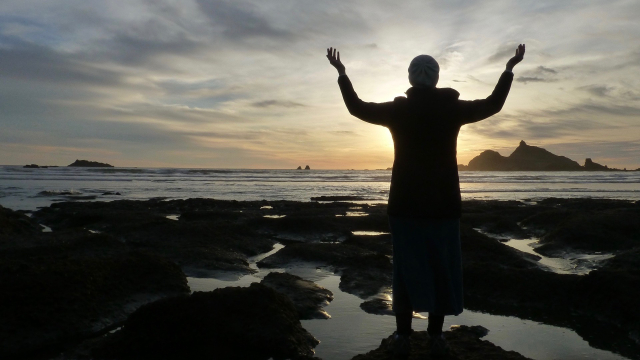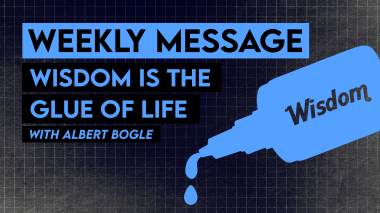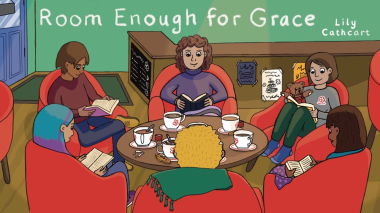I am no longer my own, but yours

1 Corinthians 9: 16-23
16 If I proclaim the gospel, this gives me no ground for boasting, for an obligation is laid on me, and woe betide me if I do not proclaim the gospel! 17 For if I do this of my own will, I have a reward; but if not of my own will, I am entrusted with a commission. 18 What then is my reward? Just this: that in my proclamation I may make the gospel free of charge, so as not to make full use of my rights in the gospel.
19 For though I am free with respect to all, I have made myself a slave to all, so that I might win more of them. 20 To the Jews I became as a Jew, in order to win Jews. To those under the law I became as one under the law (though I myself am not under the law) so that I might win those under the law. 21 To those outside the law I became as one outside the law (though I am not free from God’s law but am under Christ’s law) so that I might win those outside the law. 22 To the weak I became weak, so that I might win the weak. I have become all things to all people, so that I might by any means save some. 23 I do it all for the sake of the gospel, so that I may share in its blessings.
“I am no longer my own, but yours.
Put me to what you will,
rank me with whom you will;
put me to doing,
put me to suffering;
let me be employed for you
or laid aside for you;
exalted for you,
or brought low for you,
let me be full,
let me be empty;
let me have all things,
let me have nothing;
I freely and wholeheartedly yield all things
to your pleasure and disposal.
And now, glorious and blessed God,
Father, Son and Holy Spirit,
You are mine and I am yours. So be it.
And the covenant now made on earth,
Let it be ratified in heaven.”
The Methodist Covenant Prayer (above) seems to capture something of what St Paul is attempting to clarify to the Christians at Corinth about the way he sees his work. Simultaneously he feels free to share the gospel, becoming all things to all people, but he also identifies as a slave, commissioned to work for the Lord.
As I read these words I sense the excitement of a man who has lived up to that point with the weight of the Mosaic Law on his shoulders. With the freedom Jesus Christ brings, his life becomes an unparalleled adventure.
So too, the Methodist Covenant, affirmed annually, provides believers with an opportunity to take up the challenge God offers us in Jesus to be disciples. Described as a ‘love poem’, the covenant nevertheless affords a chance for serious review of personal commitment to the gospel in words that embrace every part of our lives.




 Add to Favourites
Add to Favourites








Login to comment.